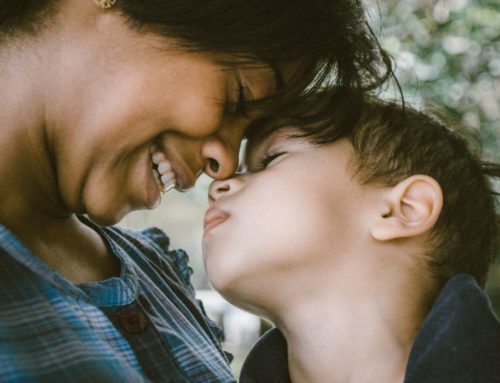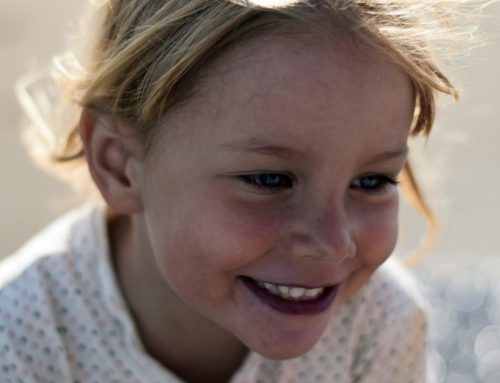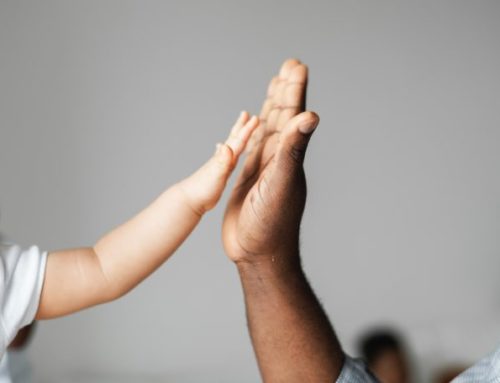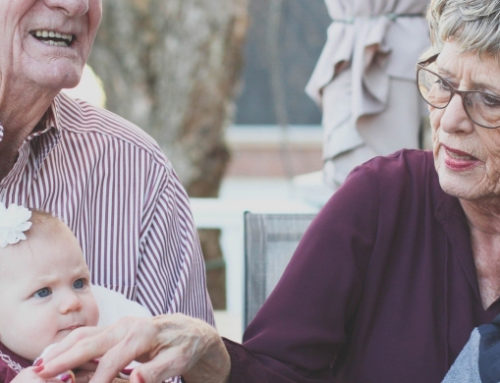Guilt is a very important and healthy emotion. We can hold it up in contrast to who we want to be, thereby realizing a need to change our behaviour.
When we have done something wrong, our human nature actually longs to be found out, pay the price, be forgiven and move on. When an offense is overlooked, ignored, or kept secret, shame is the outcome.
Guilt says:
- I have done something wrong.
- I deserve punishment.
- I can be forgiven/relieved of guilt/make restitution.
- I can learn from this.
- I can become a better person.
Shame says:
- I am bad.
- I don’t deserve to be forgiven.
- I feel judged.
- I hate myself and understand why others hate me.
- I deserve it because there is something wrong with me.
- I cannot talk about it, nobody will understand.
Shame can lead to all sorts of other problems such as OCD, addictions, violence, bullying, suicide and perfectionism. It can be paralyzing. (Reference Brene Brown.)
Teachers and parents have the power in their words and actions to shame children in a way that can scar them for life. It is so important for a child to be able to distinguish between having done something wrong and being someone bad. When you are guilty of something, you are able to change it, but when you are bad, it is out of your hands. This brings about a feeling of hopelessness. This is another reason why I believe in focusing on the child’s behaviour (‘You are not listening’) instead of who he is (‘You are naughty’).
Embarrassment is:
• Something that has happened that we can laugh about later.
• Something that happens to everyone.
• Fleeting.
• Funny but normal.
This emotion is the least powerful or serious because it is usually fleeting, e.g. toilet paper stuck under your shoe.
Humiliation is:
• Not deserved.
• When I have been punished unfairly.
• Sometimes confused with shame.
• When handled incorrectly, can change to shame.
Humiliation can be inflicted in private or in public and is undeserved,
e.g. a teacher could humiliate a pupil in public for having a bad grade, but the bad grade could have been due to something unavoidable.
Shame is the intensely painful feeling or experience of believing we are flawed and therefore unworthy of acceptance and belonging.
– Dr Brene Brown
When a child does not feel safe, accepted or that they belong, their ability to concentrate is hampered.
Shame happens in the primal or survival part of the brain.
It responds in one of three ways:
Fight – The stand up against; start attacking; there would be exaggerated retaliation; there is no differentiation between a small current trigger or larger historical trauma;
Flight – The move away; withdraw; hide; retreat into themselves;
Freeze – The moving towards; trying to please and appease others; performing so that they can be accepted.
Parents or teachers who trust and accept unconditionally are needed to help the child move out of survival mode (limbic system) and into the reasoning part of the brain (prefrontal cortex). This is achieved through conversation that can bring them out of their dark hole to help them see and think through the situation more clearly.
When this is successful, children are more able to develop empathy towards others, which in turn helps to set appropriate boundaries. Boundaries are necessary for the formation of healthy relationships, creating a feeling of acceptance and belonging.





